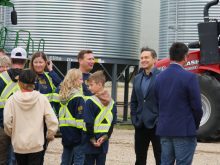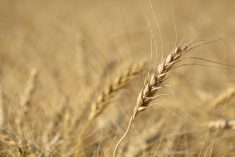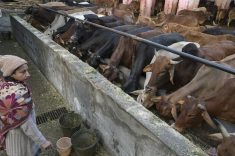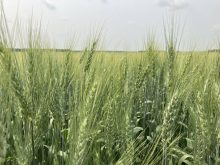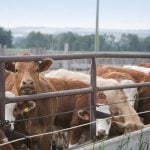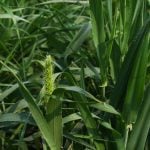Two organizations that represent rural Manitobans say the provincial
government has to cut the education tax on farmland.
“Our number one issue is the education tax on property,” said Joe Masi,
executive director of the Association of Manitoba Municipalities.
Added Weldon Newton, president of Keystone Agricultural Producers:
“They have to make some decisions about how education is going to be
funded in the future and agriculture is a big part of that.”
Masi said municipal councillors will be waiting for the education
Read Also
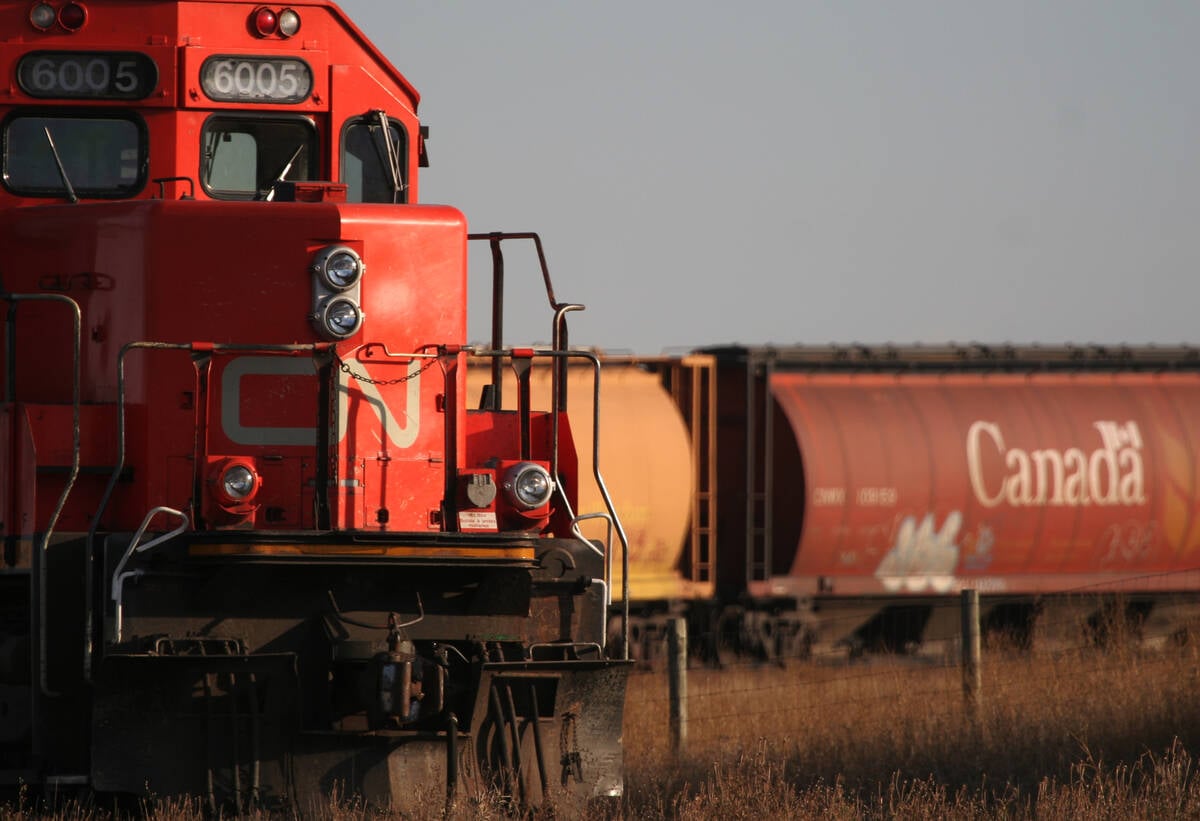
Canada-U.S. trade relationship called complex
Trade issues existed long before U.S. president Donald Trump and his on-again, off-again tariffs came along, said panelists at a policy summit last month.
minister to announce a long-awaited working group on the issue.
The AMM wants education to be funded 80 percent from general revenues
and 20 percent from land taxes. Presently it is about 50-50.
Newton and Masi said farmers and rural people also need the government
to settle the hog barn approval process.
“They need to get on with this and make that process work,” Newton
said.”They have to start making some decisions.”
Newton said if municipalities want to keep the right of last refusal on
livestock projects, the province needs to ensure that they are
following provincial laws and not arbitrarily blocking livestock
development.
Masi said his members want to keep their powers, but don’t mind the
province laying out clearer lines of jurisdiction.
“Overwhelmingly, the membership want to retain the right on land- use
policy,” Masi said.
“They really feel strongly that the setbacks and the sitings have to
remain a municipal responsibility. But the environment and
(environmental approvals) should be handled by the province.”




